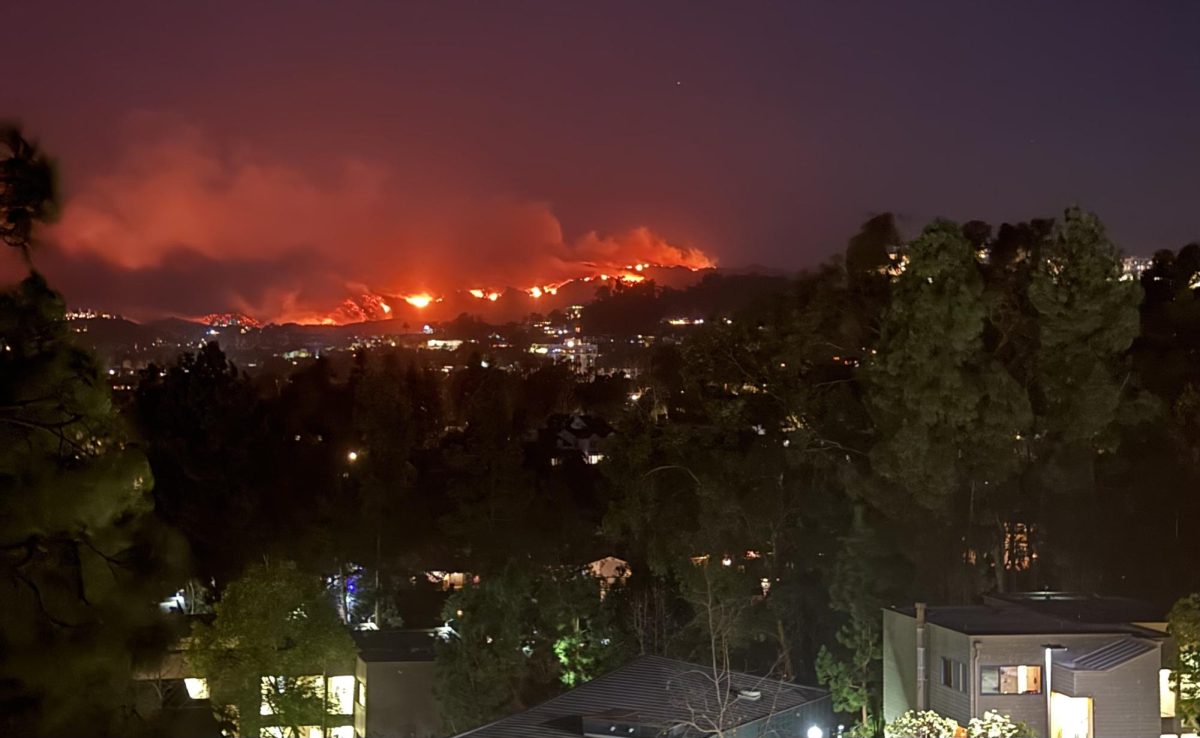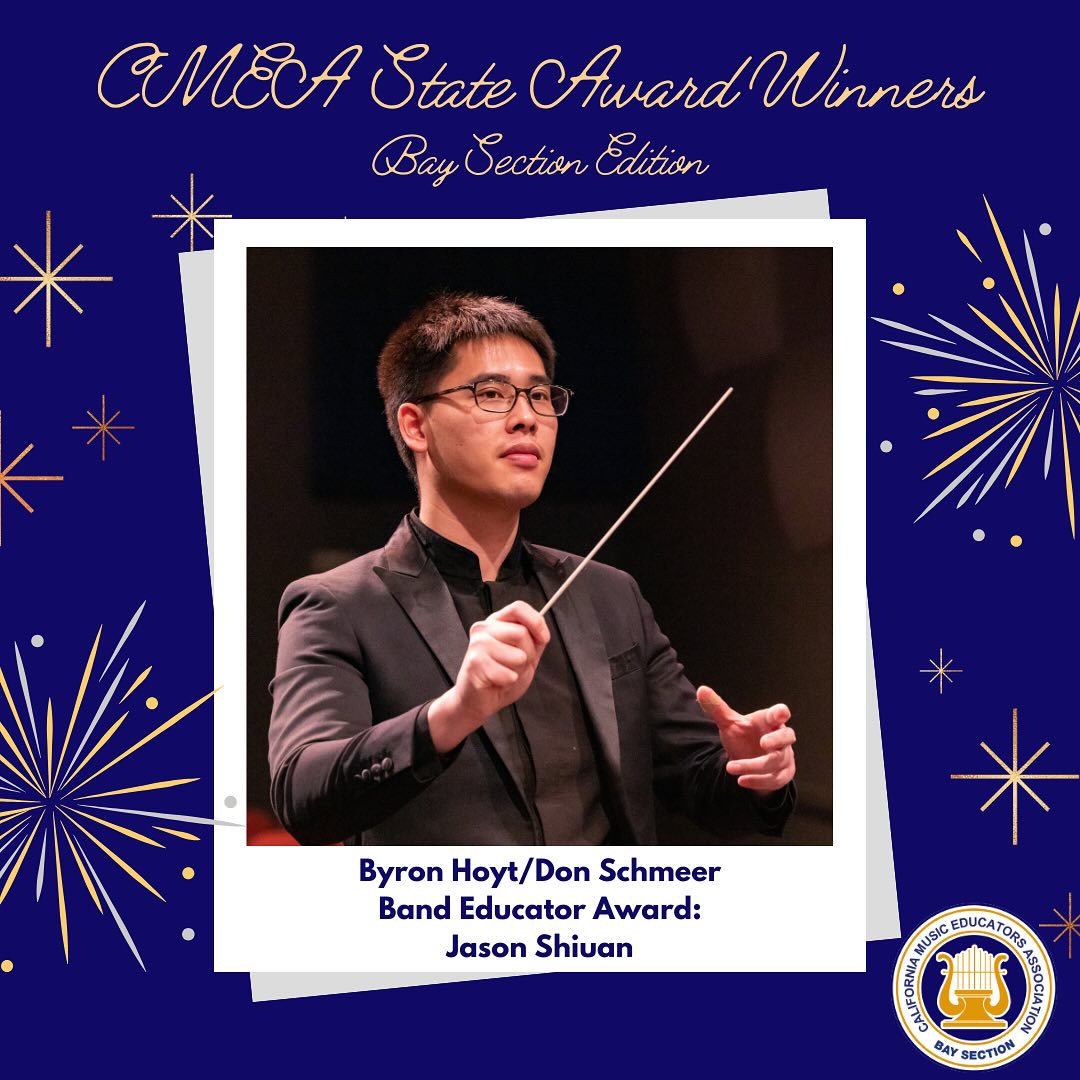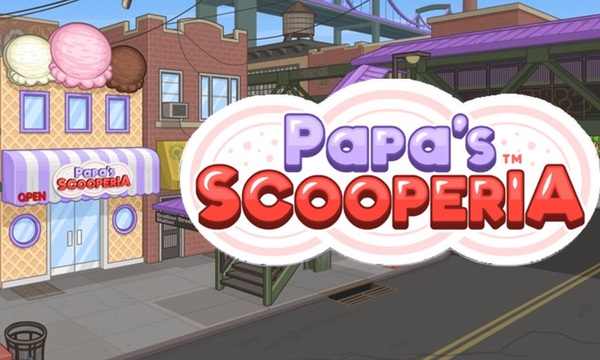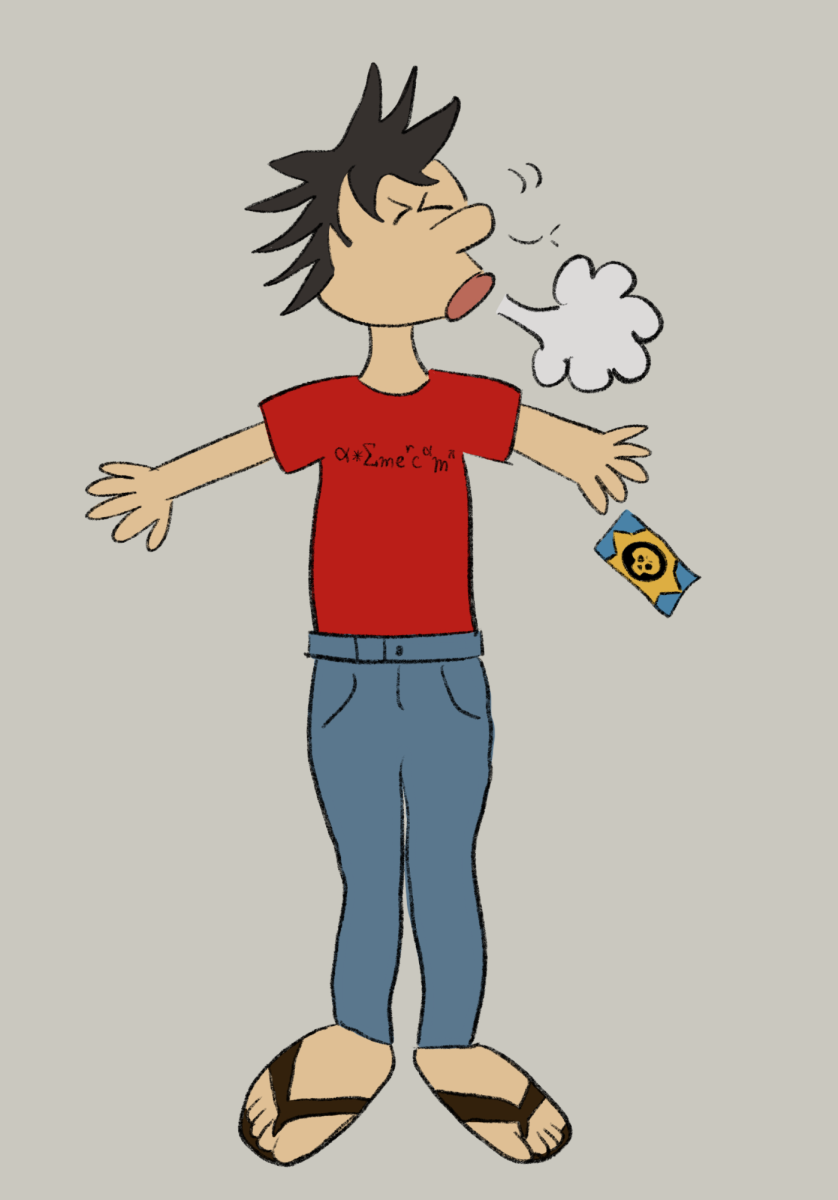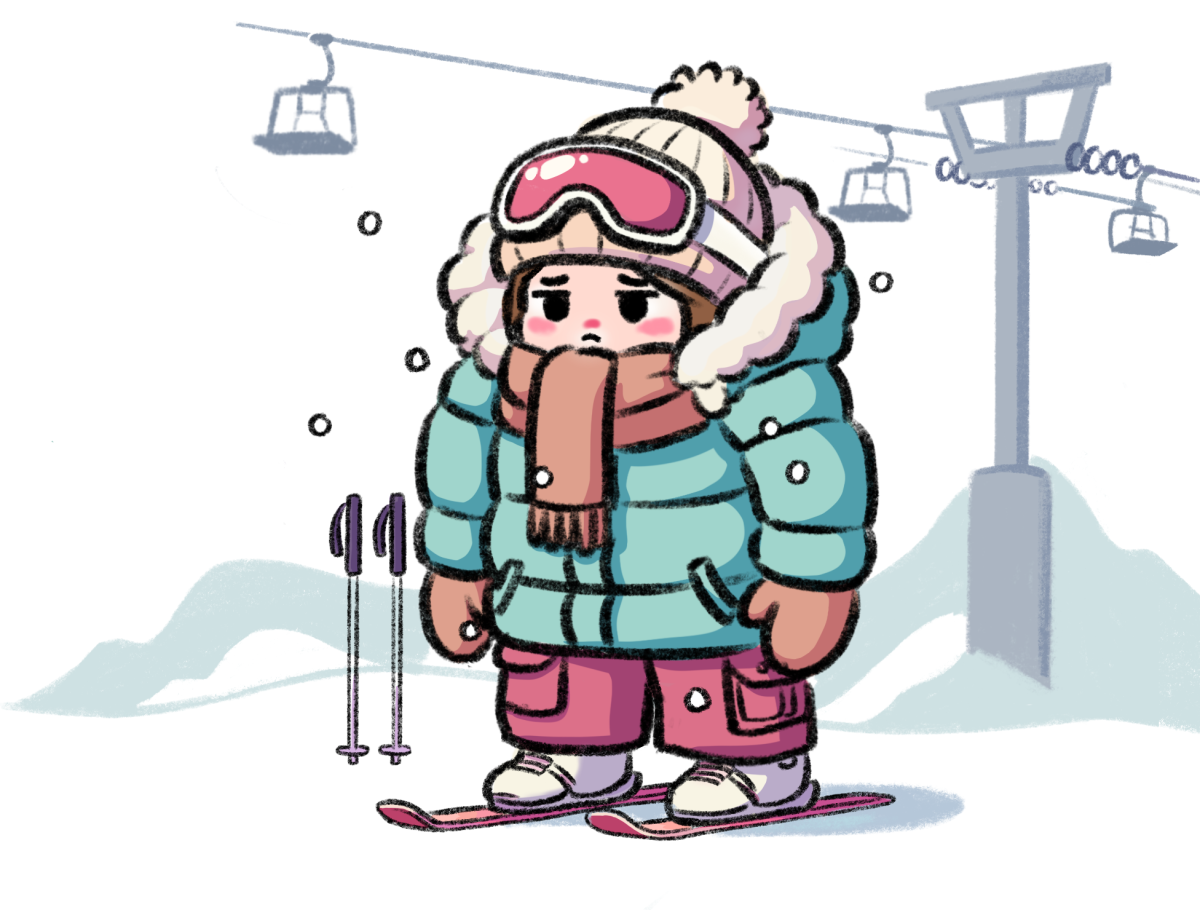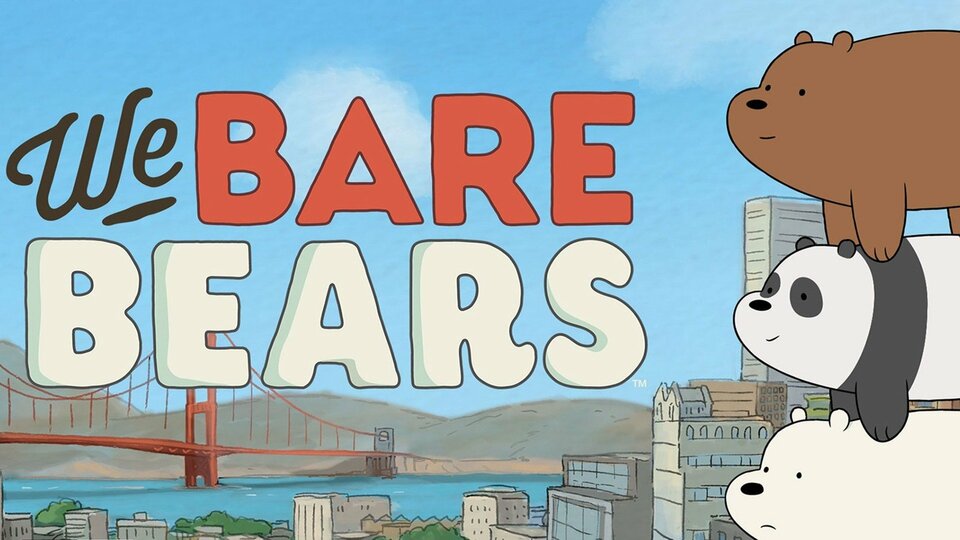What do the “Harry Potter” series, “Gone with the Wind,” “The Outsiders” and “Charlotte’s Web” all have in common? On the surface, nothing. They are of different genres, intended for different audiences and centered around different themes. At one point or another, however, each of these books was banned or challenged due to controversial content—a practice that is no less abhorrent today than in any other time.
The practice of banning books has been around as long as books themselves and has escalated to new heights over the course of the last three centuries. Banning books remains common in many countries as well as in schools and libraries across America. During Banned Books Week, held annually at the end of September, people are encouraged to read challenged literature in recognition of the cons of censorship.
Books are most commonly banned or challenged for sedition, heresy and obscenity. Yet even books with the most benign intentions are wrongly judged. The banning of books by the government also threatens the authors’ First Amendment rights, making the banning of books unconstitutional.
“Gone with the Wind,” Margaret Mitchell’s epic novel about love and the Civil War, raised controversy in the 1930s for its use of scandalous language such as “damn” and “whore.” Some have also been opposed to Scarlett O’Hara’s multiple marriages and the presence of Belle Watling, a prostitute. The novel has also recently become controversial for its derogatory portrayal of slaves, which is in fact appropriate to the era in which the novel takes place and is necessary for accurate depiction. The dynamics of the characters and the plot would be drastically changed if it were not for certain disputed aspects such as Scarlett’s multiple marriages and the character of Belle Watling.
In another occurrence, S. E. Hinton’s “The Outsiders” was banned in South Milwaukee, Wisc., due to the characters’ excessive use of drugs and alcohol, in addition to the fact that the majority of them come from dysfunctional families. The story, however, promotes close friendships and self-sufficiency and warns against the dangers of violence. Furthermore, it shows the journey of the protagonist’s search for belonging. “The Outsiders,” in addition to many other books commonly read and taught at schools such as John Steinbeck’s “Of Mice and Men,” William Golding’s “Lord of the Flies” and Anne Frank’s “The Diary of a Young Girl” have been ignorantly banned by small minorities without consideration of their actual messages.
Having withstood endless rounds of criticism, “The Catcher in the Rye” by J. D. Salinger is one of the most iconic novels to date. Though challenged on accounts of teenage angst, sexuality and profanity, the book remains on Modern Library’s list of 100 Best English Novels. The book explores how a misunderstood, introverted adolescent deals with a lack of acceptance and his attitudes toward isolation. Although crass and vulgar at times, he sets an example for teenagers everywhere in his compassion for his sister as well as in his handle on society.
Known as some of the most controversial books of the 21st century, the “Harry Potter” series by J. K. Rowling is often accused of promoting witchcraft and evil and is targeted for its dark imagery. Far from encouraging cruelty and destruction, the theme of magic running through the series is full of love, the fight against oppression and injustice, and the triumph of good over evil—messages that are clearly positive. The series topped the charts of the American Library Association’s 100 most challenged books of the decade, followed closely by Stephenie Meyer’s “Twilight” series, which was No. 5 on ALA’s list of the 10 most frequently challenged books of 2009. While Meyer’s books received criticism for being sexually explicit and unsuitable for children, they also encourage strong family values and abstinence until marriage.
These books, banned for various reasons by a wide variety of groups, all enhance a reader’s breadth of knowledge and prove the process of banning books to be harmful. With the extensive availability of these, in addition to most other challenged works, banning books is a futile practice. And honestly, who can claim to have been harmed by E. B. White’s “unnatural depiction” of a talking pig or a spelling spider?

